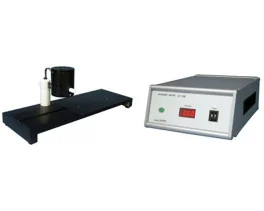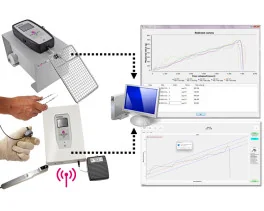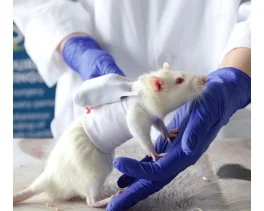Authors
T. Sutra, C. Oiry, J. Azay-Milhau, E. Youl, R. Magous et al.
Lab
Université_ Montpellier 1, Institut Universitaire de Recherche Clinique, Nutrition Humaine, Biodisponibilite_ et Athe_roge_ne_se (EA 4188), Montpellier, France.
Journal
Journal of Agricultural and Food Chemistry
Abstract
We previously showed that grape extracts enriched in different polyphenolic families were similarly able to prevent reactive oxygen species (ROS) production, although having differential effects on various features of metabolic syndrome when administered at a dose of 21 mg/kg to the fructose (60%)-fed rat (a model of metabolic syndrome). In the present work, we analyzed on the same model the effect of pure polyphenolic molecules (catechin, resveratrol, delphinidin, and gallic acid) administered at a dose of 2.1 mg/kg. Delphinidin and gallic acid prevented insulin resistance, while gallic acid prevented the elevation of blood pressure. All molecules prevented cardiac ROS overproduction and NADPH overexpression. We also showed that fructose feeding was associated with cardiac fibrosis (accumulation of collagen I) and expression of osteopontin, a factor induced by ROS and a collagen I expression inducer. Collagen I and osteopontin expressions were prevented by the administration of all polyphenolic molecules. The potential use of polyphenols in the prevention of cardiac fibrosis should be further explored.
BIOSEB Instruments Used:
Non Invasive Pressure Measurement (LE5001),Cuffs and pulse transducers for LE 500X indirect blood pressure meters (LE5012)

 Douleur - Allodynie/Hyperalgésie Thermique
Douleur - Allodynie/Hyperalgésie Thermique Douleur - Spontanée - Déficit de Posture
Douleur - Spontanée - Déficit de Posture Douleur - Allodynie/Hyperalgésie Mécanique
Douleur - Allodynie/Hyperalgésie Mécanique Apprentissage/Mémoire - Attention - Addiction
Apprentissage/Mémoire - Attention - Addiction Physiologie & Recherche Respiratoire
Physiologie & Recherche Respiratoire




































 Douleur
Douleur Système Nerveux Central (SNC)
Système Nerveux Central (SNC)  Neurodégénérescence
Neurodégénérescence Système sensoriel
Système sensoriel Système moteur
Système moteur Troubles de l'humeur
Troubles de l'humeur Autres pathologies
Autres pathologies Système musculaire
Système musculaire Articulations
Articulations Métabolisme
Métabolisme Thématiques transversales
Thématiques transversales Congrès & Meetings
Congrès & Meetings